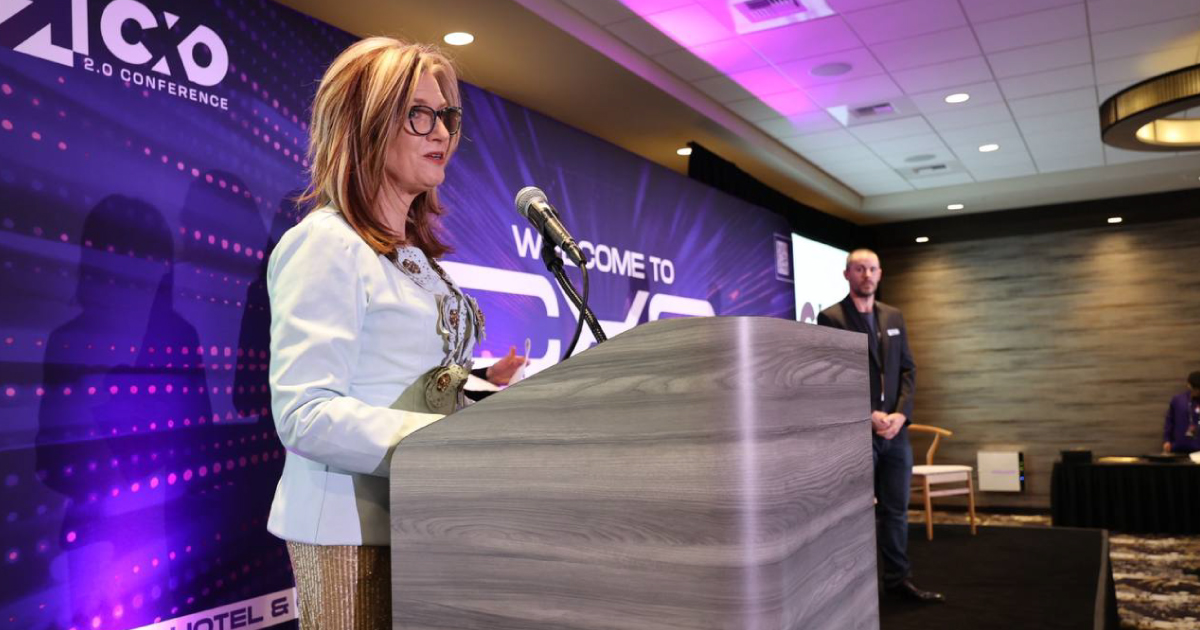"Great leaders don't set out to be leaders...they set out to make a difference," reflects the ethos of servant leadership, a key driver in modern business dynamics. This approach, focusing on the growth and well-being of team members, finds subtle resonance in global leadership summits, like especially those in upcoming Dubai events such as the CXO 2.0 Conference, where thought leaders converge.
This blog delves into this impactful leadership style. It examines how prioritizing team needs leads to enhanced performance and organizational success. We offer insightful perspectives and practical applications for today's business leaders, promising a deeper understanding of servant leadership's role in shaping a more effective and empathetic work environment.
Core Principles Of Servant Leadership
Servant leaders lead with empathy, prioritizing their team's needs and goals. By developing deep emotional intelligence, they understand what motivates each member. This empathy informs better decision-making. Servant leaders also support each individual's growth through mentorship and opportunities. Investing in people lifts the whole team. Additionally, servant leaders make decisions collaboratively, inviting input from all levels. An inspiring leadership conference can model this inclusive approach.
When teams feel heard, they bring fresh perspectives benefitting the organization. At its core, servant leadership is about empowering people to reach their full potential. With care and commitment, servant leaders can catalyze growth.
Implementing Servant Leadership
Practicing servant leadership effectively will center around three key practices, a topic gaining attention at the global leadership summit discussions in Dubai:
- Adopting A Coaching Mentality: Leaders will increasingly shift from an authoritative style to a coaching-based approach. They will guide rather than direct, focusing on empowering team members. This involves nurturing their strengths and collaboratively addressing challenges, creating an environment where everyone is driven to excel.
- Authenticity & Transparency: Leaders will need to be genuine in their interactions to build trust. This authenticity will form the cornerstone of strong leadership. Open and honest communication and transparent decision-making will ensure that team members feel valued, respected, and integral to the organization.
- Service-Oriented Culture: Leaders will prioritize serving others to transform their organization's ethos. This will go beyond task completion; it will be about building a supportive environment. Leaders will focus on uplifting and assisting their team, cultivating a culture of mutual support and collective success.
Leadership summits, like the upcoming CXO 2.0 Conference, will offer opportunities to explore these practices in depth, preparing leaders for the future of servant leadership.
Innovating Through Servant Leadership

Innovating through servant leadership, a theme resonating in most inspiring leadership conference discussions, encompasses three key aspects:
- Empowering Teams for Innovation: This leadership style nurtures a creative atmosphere by valuing and acting on team input. Leaders give team members the freedom to explore and innovate, encouraging a proactive approach to problem-solving. This empowerment leads to a dynamic environment where new ideas flourish.
- Role of Feedback: Continuous feedback is crucial for both growth and innovation. Servant leaders engage in ongoing dialogue, offering and soliciting feedback to refine ideas and strategies. This constant exchange fosters an environment of learning and adaptation, which is essential for innovative outcomes.
- Challenges and Solutions: While shifting to servant leadership, organizations may struggle with balancing empowerment and control. To address this, leaders can undergo training in empathy and active listening, enhancing their ability to serve effectively. Emphasizing a mindset of serving rather than commanding helps in smoothly integrating this leadership approach, making it a powerful tool for fostering innovation.
Future Of Servant Leadership
Several trends are shaping the future of servant leadership. With millennials now the largest workforce generation, empathy and work-life balance are increasingly prioritized. Additionally, leading distributed teams in remote and hybrid work eras requires strong communication and trust. As automation transforms roles, leaders must support transitions and retraining.
Looking ahead, these shifts will likely create flatter, more collaborative organizational structures emphasizing flexibility and human-centered policies. Staying abreast of these ongoing trends through forward-focused resources such as inspiring leadership conference panels will be worthwhile. The leaders who adapt and serve others through disruption will be well-positioned to guide their organizations into the future. Ultimately, the core tenets of servant leadership—humility, stewardship, and putting people first—will only grow in relevance. Leadership gatherings that model these principles can provide indispensable wisdom for the future.
Transform Your Leadership Journey
In summary, servant leadership takes a people-first approach, elevating teams through empathy, growth, and service. As the future of work evolves, these principles will be increasingly critical for organizational success. There is always room for leaders to refine their approach. Engaging in forward-thinking forums and conferences, such as the CXO 2.0 Conference 2024, offers leaders an invaluable opportunity to gain insights and develop their skills in this area.
The future is bright for those who lead with a service-oriented mindset, constantly seeking growth and improvement. By leveraging the right resources, leaders can be well-equipped to elevate their teams and drive collective success.













